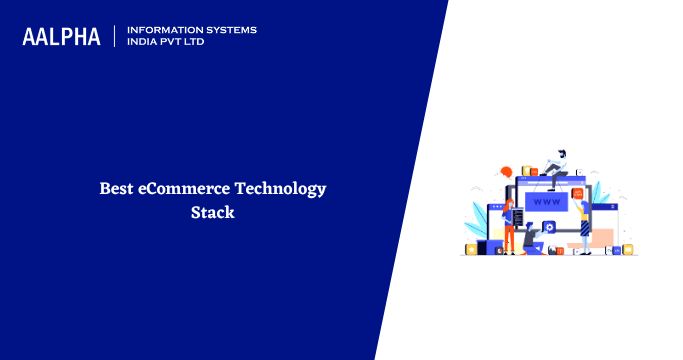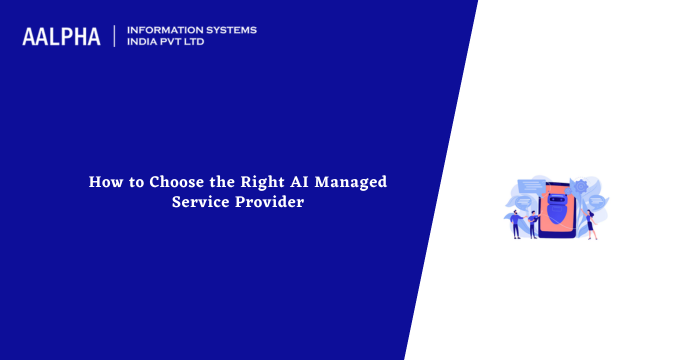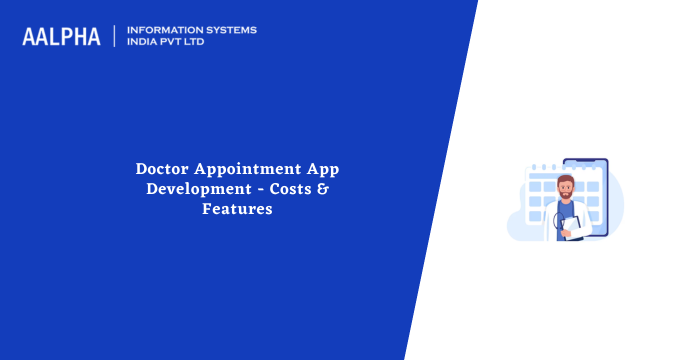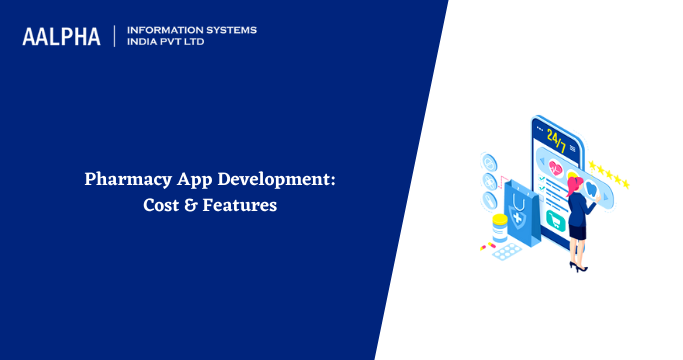The creation of E-Commerce solutions is unique in that it necessitates the use of specialized frameworks and technologies. Fortunately, there are many E-Commerce software development technologies and tools available. The retailer’s unique business requirements determine their selection. Businesses may either utilize pre-built tools to create simple E-Commerce sites or hire bespoke eCommerce development company to create more sophisticated solutions.
eCommerce Tech Stack
Software developers build E-Commerce websites using a wide range of programming languages, frameworks, and technological stacks. The following are especially well-suited for e-commerce development. Therefore, let’s look at them more.
Tools for Front-End Development
JavaScript
JavaScript is the most widely used front-end programming language for developing interactive elements for static HTML websites. Software developers may use JavaScript to do the following:
- Client-side data validation enables websites to load quicker and use less server bandwidth.
- Compel websites to provide instant response to their visitors, obviating the need for a page refresh.
- Build dynamic user interfaces that react to a site’s users’ activities.
- Include drag-and-drop components, sliders, and carousels, among other things.
Anyone interested in developing an E-Commerce website will need JavaScript programming services since they serve as the foundation for front-end web development.
Tools for Back-End Development
Back-end development tools are used to create a server-side architecture that manages orders, shopping cart items, catalog products, SEO settings, website page updating, payment processing, and user registration.
PHP
PHP is a back-end web application development language that is extensively used. It’s a general-purpose scripting language that’s free and open-source. PHP programming is advantageous for E-Commerce for a variety of reasons, including the following:
- cost-effective: because it is open source, which means it is free. Additionally, since PHP is so widely used, PHP programming services will be inexpensive.
- Compatibility: PHP compromises most common operating systems, including macOS, Linux, Microsoft, and UNIX. Most importantly, it interfaces with various databases, including MongoDB, MySQL, PostgreSQL, and Oracle.
- A variety of frameworks: PHP has a plethora of frameworks that help accelerate software development, make it more consistent, and make it less buggy. Zend, Laravel, Symphony, CakePHP, and CodeIgniter are the most well-known PHP frameworks.
Technologies to Consider When Choosing an E-Commerce Platform
Business owners who want to build their E-Commerce websites may quickly get overwhelmed by the vast array of programming languages, frameworks, and tools available. Putting up an eCommerce development tech stack may be challenging, so we’ve put together this checklist to help.
-
Begin with the pre-existing technology stack
If you’re new to E-Commerce and uncertain which technologies and tools to employ, start with the most popular. Instead of starting again, use what you’ve already learned when it comes to technological advancements.”. Consider the following tech stacks:
Linux, Apache, MySQL, and PHP are all referred to as LAMP. As far as web development stacks go, this is one of the fastest options out there. However, they are not very scalable and may perform poorly as your E-Commerce operation grows. This is an excellent choice for a fast start, but it may not be the most incredible option in the long run.
MongoDB, Express, Angular, and Node.js comprise MEAN. This technology stack is ideal for E-Commerce development since it is mainly used to create online shops.
Python and Django are other popular software stack for eCommerce development. Above all, it ensures the back-security.
-
Define the details of your project
Specifications, requirements, and available resources vary from project to project. As a result, specify the features you want to see on your E-Commerce website and budget for them.
-
Consider the duration of the project.
In E-Commerce, time to market is critical. The more quickly you can get your product to market, the more consumers you can attract, and your project will be more successful. Therefore, it is critical to establish development goals and timelines, determine if an MVP is required, determine whether it is worthwhile, begin with the LAMP tech stack, and choose the number of developers to include in your project.
-
Extensibility
Scalability is the second most critical element in E-Commerce. It would be best if you considered the future development of your project. Moreover, it will define the future technology stack and the resources required to support the project.
-
IT professionals on the market
Talents determine the product’s quality and pricing. Technology makes it easier to develop and attract specialists. However, there are times when local talents are lacking or costs are too expensive. There is always a solution, such as extending the market by outsourcing software development. It will let you connect with more highly competent people. Outsourcing software development is also frequently cheaper than creating an E-Commerce solution in-house.
Wrapping Up
Before developing an E-Commerce site, project stakeholders must determine which programming languages and frameworks to include in the eCommerce development tech stack. The technology stack defines the functionality and future development plan of the developed E-Commerce solution. As a result, businesses should carefully construct their IT stacks.
Planning to develop a eCommerce platform for your business? fill our contact form & get quotation at no cost.
Also check: mobile app stack | SaaS stack




Share This Article:
Written by:
Muzammil K
Muzammil K is the Marketing Manager at Aalpha Information Systems, where he leads marketing efforts to drive business growth. With a passion for marketing strategy and a commitment to results, he's dedicated to helping the company succeed in the ever-changing digital landscape.
Muzammil K is the Marketing Manager at Aalpha Information Systems, where he leads marketing efforts to drive business growth. With a passion for marketing strategy and a commitment to results, he's dedicated to helping the company succeed in the ever-changing digital landscape.